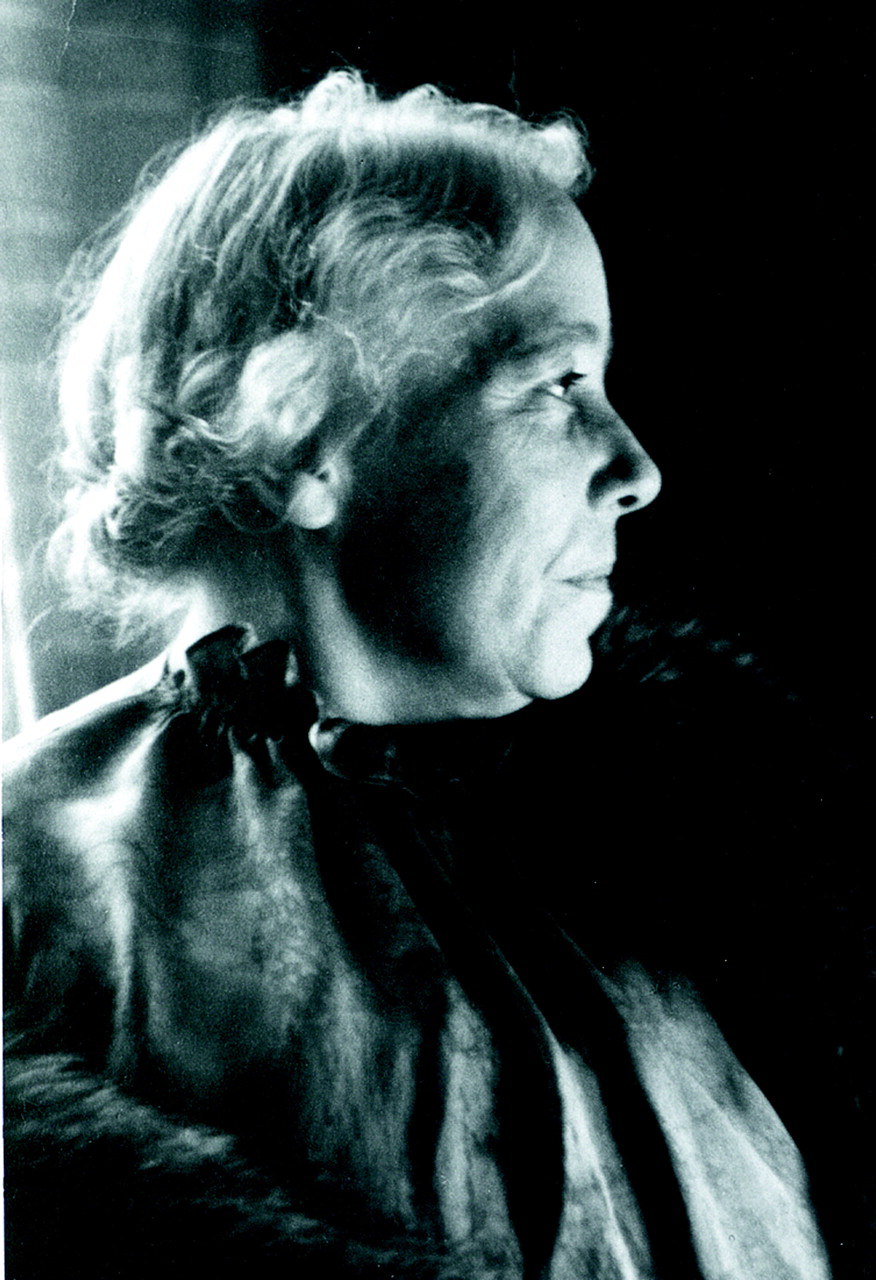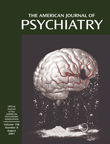Among the most influential psychoanalysts of the “second generation” (after Sigmund Freud) was
Karen Danielsen Horney (1–
4). She was born on September 16, 1885, in Blankenese, a small town near Hamburg, Germany. She was one of the first generation of women admitted to the study of medicine. She matriculated at the universities of Freiburg, Göttingen, and Berlin. She received her M.D. degree in Berlin in 1911 and undertook a training analysis there.
Horney came to explore the political questions of female sexuality, calling for alterations in what she considered a male-biased view of the psychology of women in contrast to Freud’s views and those of the developing Vienna circle. An educated “New Woman,” Horney argued persuasively that the etiology of “female neurosis” was the male-dominated culture that had produced Freudian theory. She wrote, “Is not the tremendous strength in men of the impulse to creative work in every field precisely due to their feeling of playing a relatively small part in the creation of living beings, which constantly impels them to an overcompensation in achievement?” Her essays were collected and published posthumously as Feminine Psychology (1967). They had a major impact on the beginnings of feminist theory in the 1970s.
In 1920 Horney was appointed to the teaching staff of the newly founded Berlin Psychoanalytic Institute, where she became the director of training. In 1932 she came to the United States as the first associate director (and director of training) at the brand new Institute for Psychoanalysis in Chicago. In 1934 she moved to New York City, where she had a private practice and taught at the New School for Social Research. It was in New York that she produced her major theoretical works, The Neurotic Personality of Our Time (1937) and New Ways in Psychoanalysis (1939).
Horney stressed the need for patients to identify the specific cause of current anxieties rather than to focus exclusively on childhood memories or fantasies. Her view that “there is no good reason why we should not develop and change until the last day we live” lies at the root of her psychoanalytic approach. Such radical views led to her formal expulsion from the New York Psychoanalytic Institute in 1941, after which she organized the Association for the Advancement of Psychoanalysis and its teaching center, the American Institute for Psychoanalysis. She died on December 4, 1952, in New York. Her radical and uncompromising intellect provided a major break with traditional models of psychoanalysis and a complex means of integrating cultural and social forces into an understanding of human psychology.


